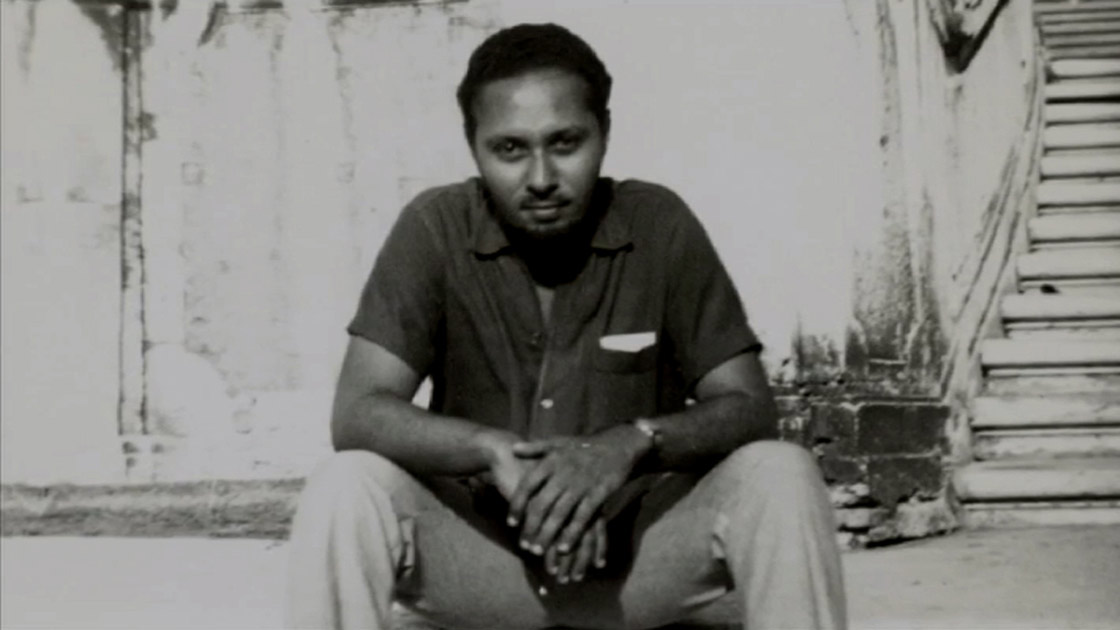John Akomfrah, Stuart Hall and the Film Essay
Akomfrah's films gives voice to the legacy of the African diaspora in Europe, and his experimental approach to narrative and structure helped pave the way for the re-emergence of the "essay film" today.

Stuart Hall.
In 2013 I had the opportunity to work with frieze, the UK-based contemporary art and culture magazine. Towards the end of my time at the magazine, I co-produced a film on John Akomfrah, which just went live. For those of you unfamiliar with Akomfrah’s work, he began his practice as an artist and filmmaker as a member of the hugely influential group, the Black Audio Film Collective, who between 1982 and 1998 produced films, essays and ‘slide-tape texts,’ which “opened up a new aesthetic and discursive space within the world of British art, experimental film, television and critical theory.”
Films such as Handsworth Songs (1986), Testament (1988) and Twilight City (1989) gave voice to the legacy of the African diaspora in Europe, and Akomfrah’s experimental approach to narrative and structure, following filmmakers like Chris Marker, in no small way paved the way for the re-emergence of the ‘essay film’ today.

Throughout his career, Akomfrah has operated both in the gallery, and in the cinema. This is most evident in his recent project, The Unfinished Conversation (2013), a multi-screen installation exploring the life and legacy of the cultural theorist Stuart Hall. Currently on show at Tate Britain (until 23rd March), Akomfrah and his production company, Smoking Dogs Films, decided to extend – or mutate, perhaps – the piece into a feature-length documentary, which was recently released in UK cinemas, and on DVD. As a film, The Stuart Hall Project assumes a more conventional narrative structure, but the ideas and investigations of the project – how identity is not an essence, but a process of becoming which is continually shaped by history and memory – is reflected in the structural relationship with images, the archive, making some comment on the status of the image, and its relationship to diasporic identity.




















